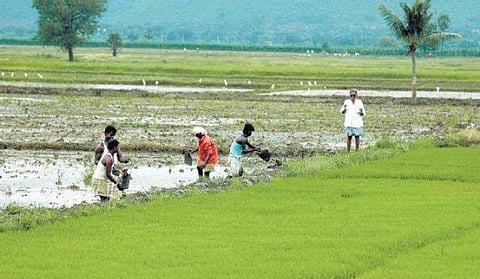

The Indian Council of Agricultural Education (ICAR) announced plans to prioritise skill development in its education programme, in line with the National Education Policy (NEP 2020).
Dr Seema Jaggi, Additional Director General (HRD) of ICAR, stated that the curriculum will be redesigned to provide students with a broader range of career opportunities in the agricultural sector, as per a report by IANS.
She addressed the audience during the opening ceremony of the 21-day Winter School, an educational programme for researchers and academicians held at the ICAR-Central Marine Fisheries Research Institute (CMFRI). “With this, education and research in agriculture and allied areas will have greater opportunities in the country in the future”, she said, adding that setting up of initiatives like incubation centres would greatly support rural development.
Stressing the importance of analytical tools in social science research, she said that research would be incomplete without proper data analysis. “It is essential to have a solid understanding of modern statistical, econometric and time series methods to make proper inferences in social sciences research”, she added, according to the report by IANS.
The Winter School, which is supported by the Agricultural Education Division of the ICAR, aims to enhance the analytical abilities of social science researchers and familiarize them with modern analytical tools and software. According to a report by IANS, 25 participants from various states including Rajasthan, New Delhi, Madhya Pradesh, Gujarat, Assam, Arunachal Pradesh, West Bengal, Maharashtra, Telangana, Bihar, Karnataka, Tamil Nadu and Kerala are participating in the programme.
CMFRI director Dr A Gopalakrishnan said the use of statistically valid judgments derived from research programmes is the foundation for the growth of the social sciences discipline.
